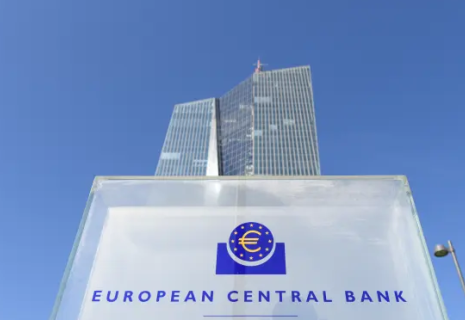
IMF, North Macedonia’s Central Bank discuss vital strategies for economic stability
The importance of a strong and independent central bank in ensuring stability amid uncertainty was underscored during a meeting between the Governor of the National Bank of North Macedonia, Anita Angelovska Bezhoska and IMF Deputy Managing Director, Bo Li, held on the sidelines of the 2025 IMF and World Bank Spring Meetings. Finance Minister Gordana Dimitrieska Kochoska also attended the meeting, the National Bank reported, CE Report quotes MIA.
The National Bank implemented timely and appropriate monetary and macroprudential measures, which contributed to stabilizing inflation, maintaining a stable denar exchange rate, and strengthening financial stability. However, given the high level of geopolitical uncertainty, it is important to continue with prudent macroeconomic policies and further institutional strengthening. In this context, preserving the independence of the central bank was emphasized as being of great importance during the meeting.
In the face of global price shocks and instability, the National Bank responded with a comprehensive set of measures, according to the press release. These included foreign exchange market interventions, adjustments to interest rates, reserve requirements and macroprudential restrictions.
“With these measures, we not only achieved a significant reduction in inflation to single-digit levels, but also ensured exchange rate stability and strengthened the balance sheets of the banking sector,” Angelovska Bezhoska said.
The meeting was focused on recent geopolitical developments, which are creating new uncertainties in the global economy and financial markets. It was noted that, in such circumstances, for small, open economies, it is especially important to pursue sound policies, ensure room to respond to potential shocks, and maintain strong institutions.
In this context, as stated in the press release, the focus was placed on further improving the legal framework for the National Bank in line with the highest international standards. All of this contributes to strengthening the institutional capacity of the National Bank and enhancing its transparency and accountability.
























